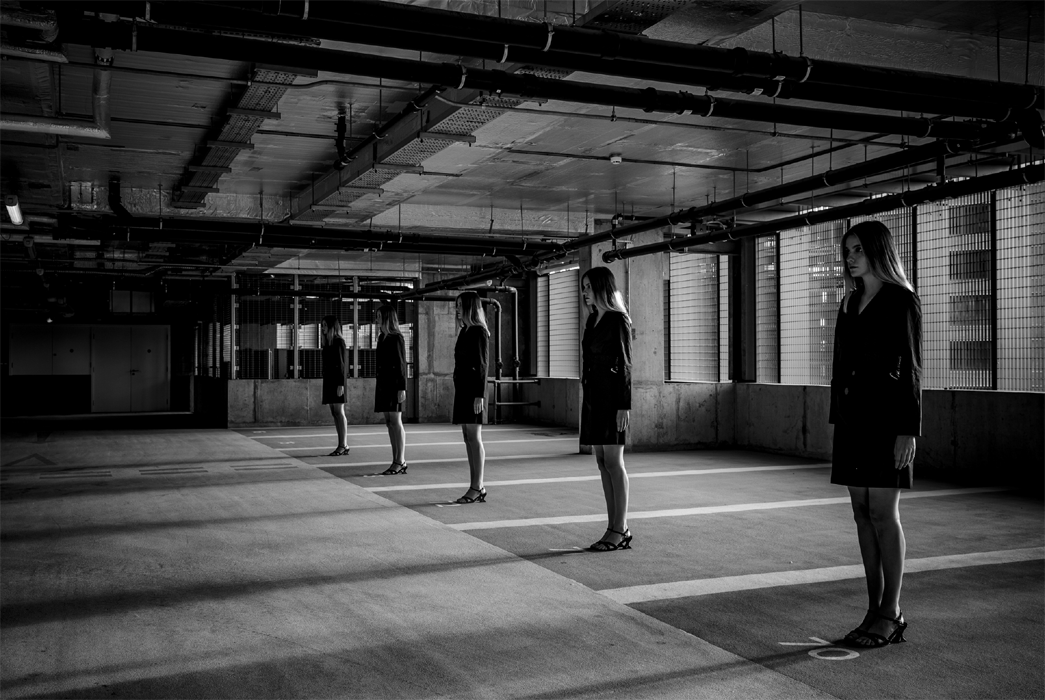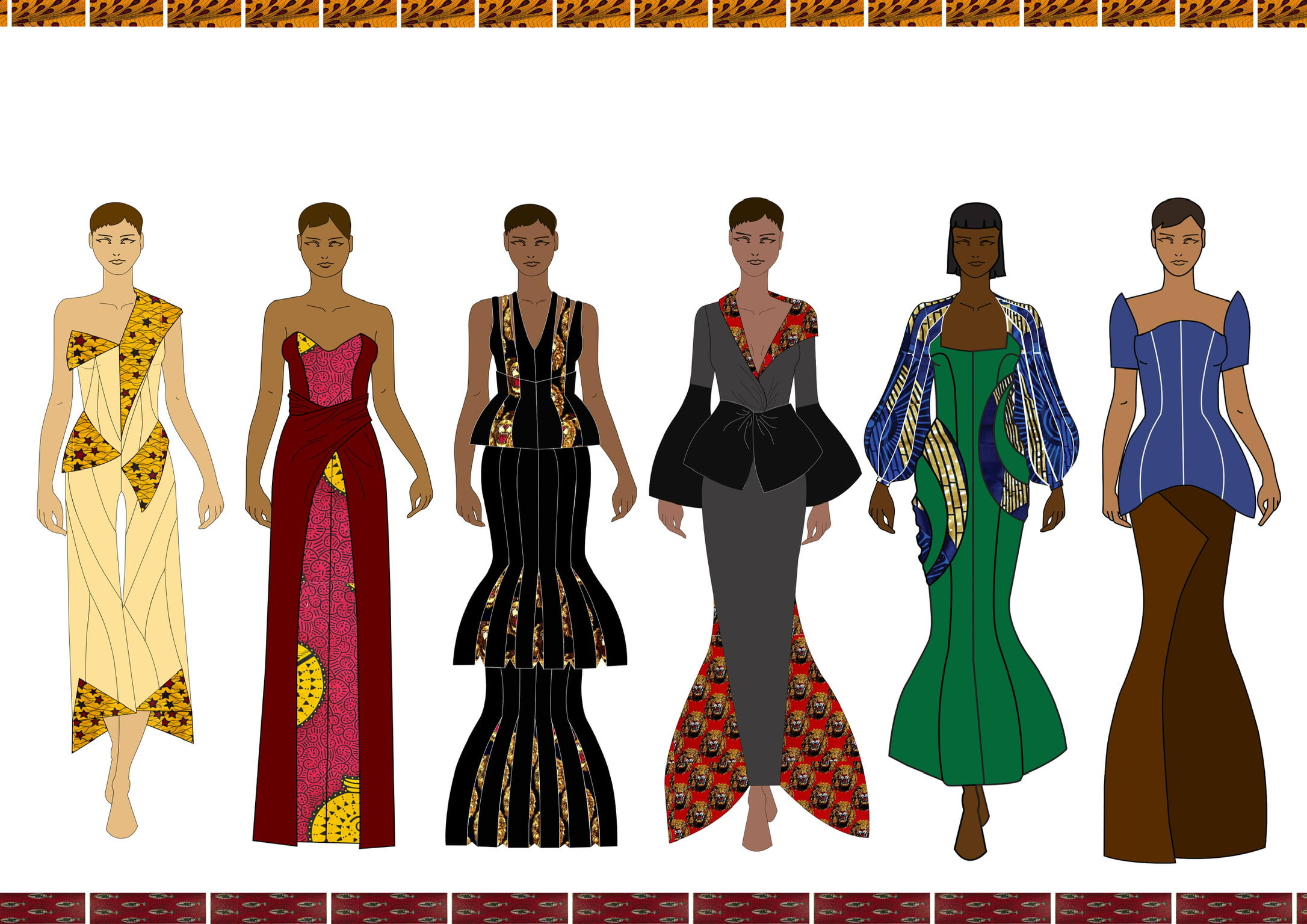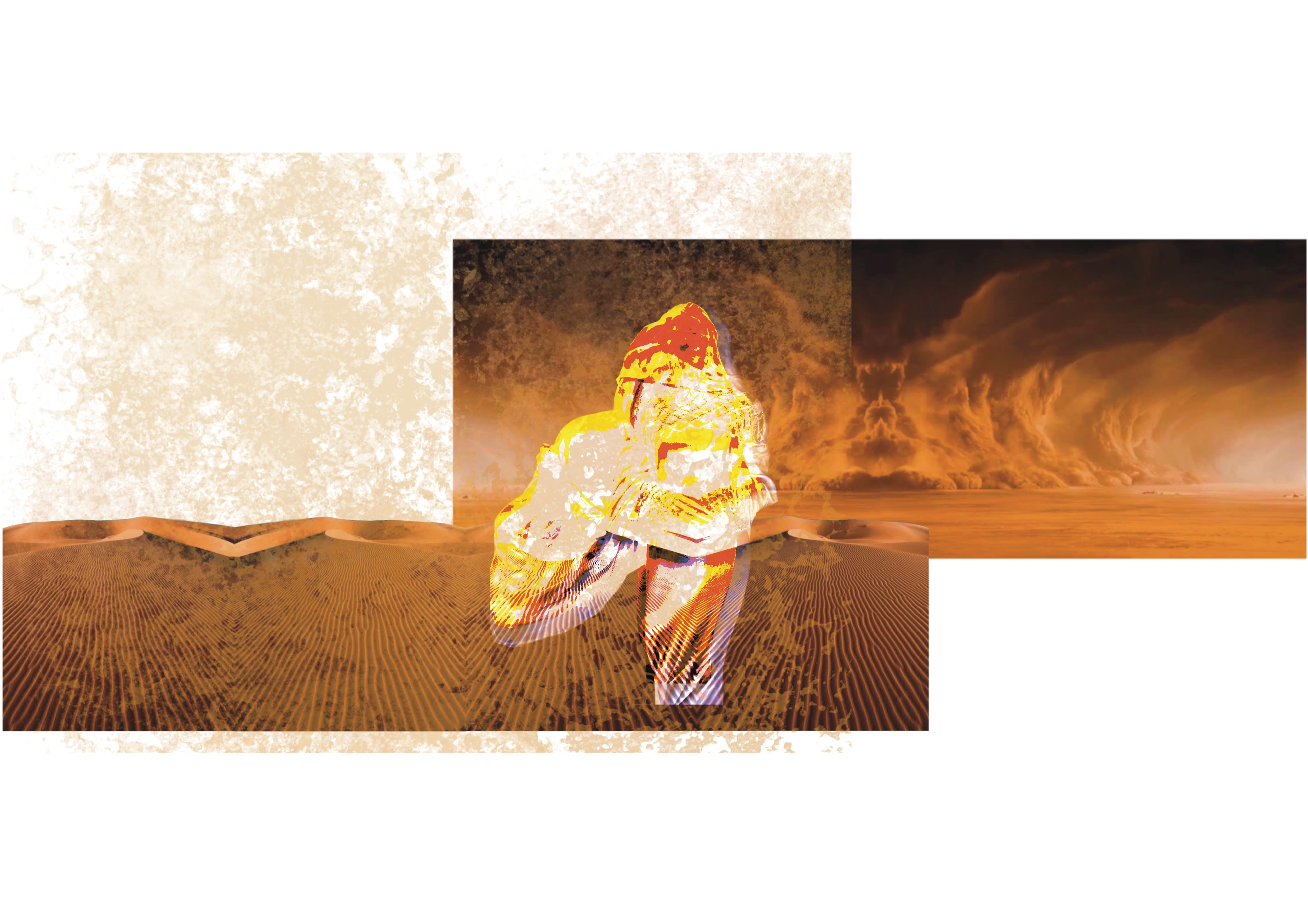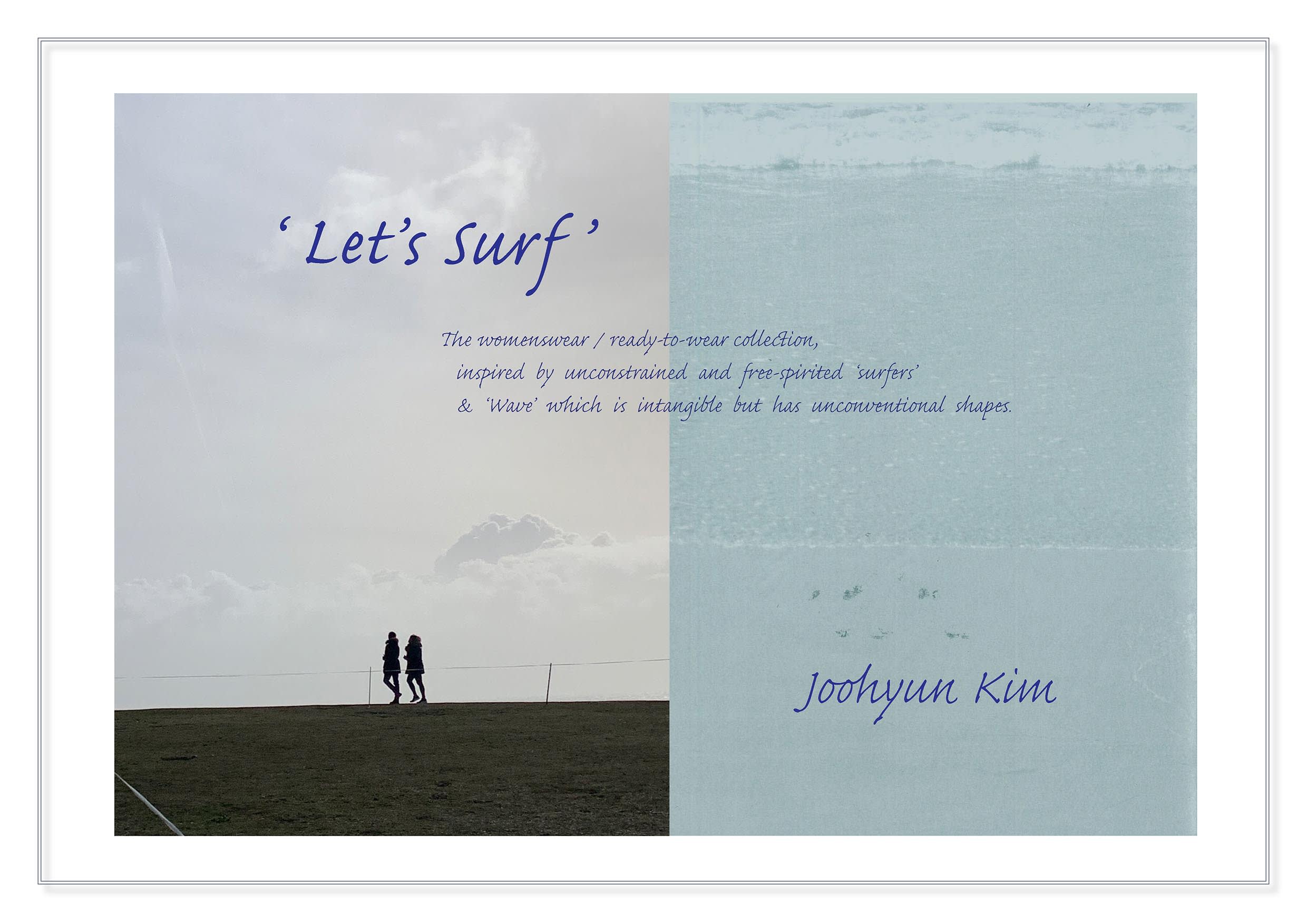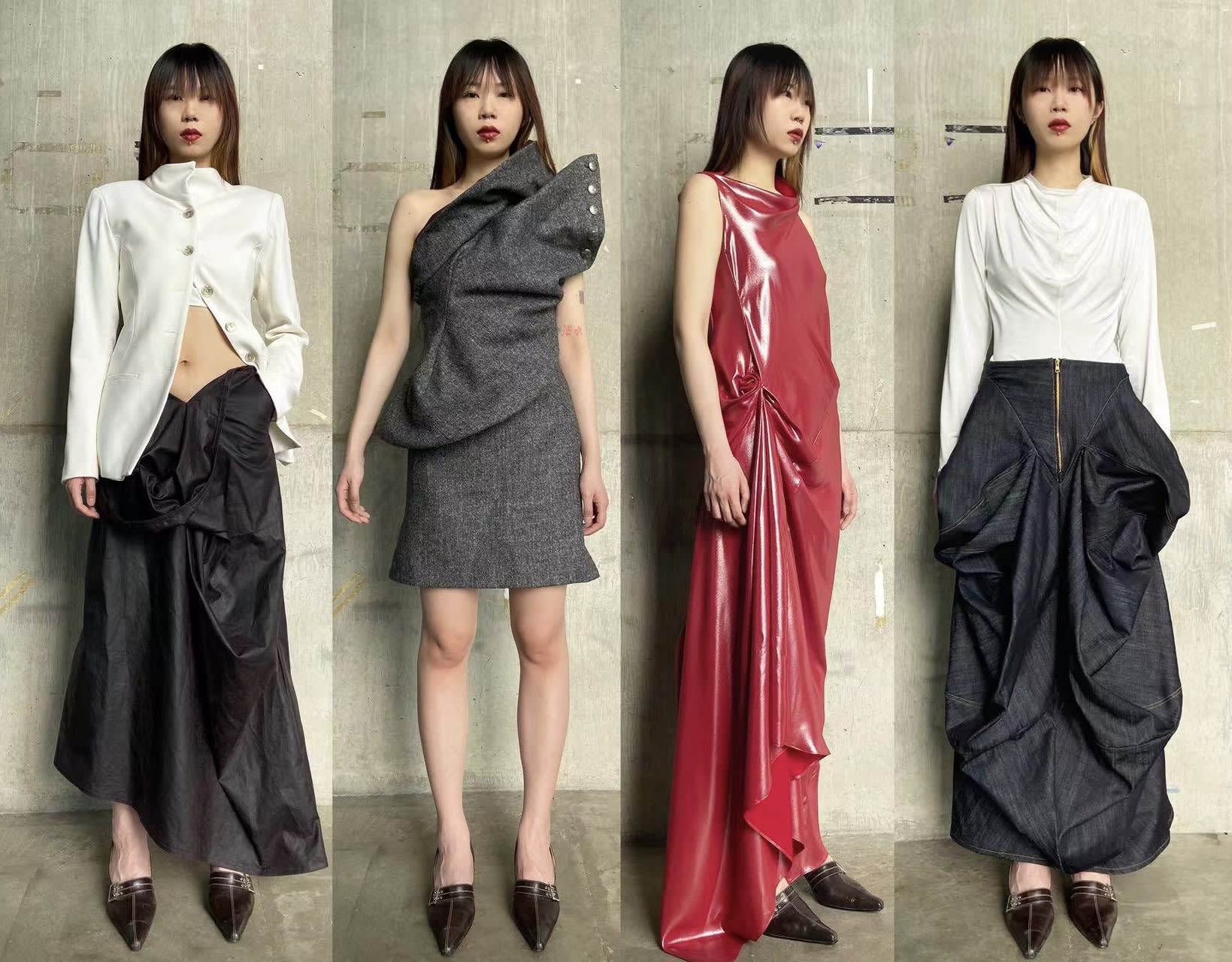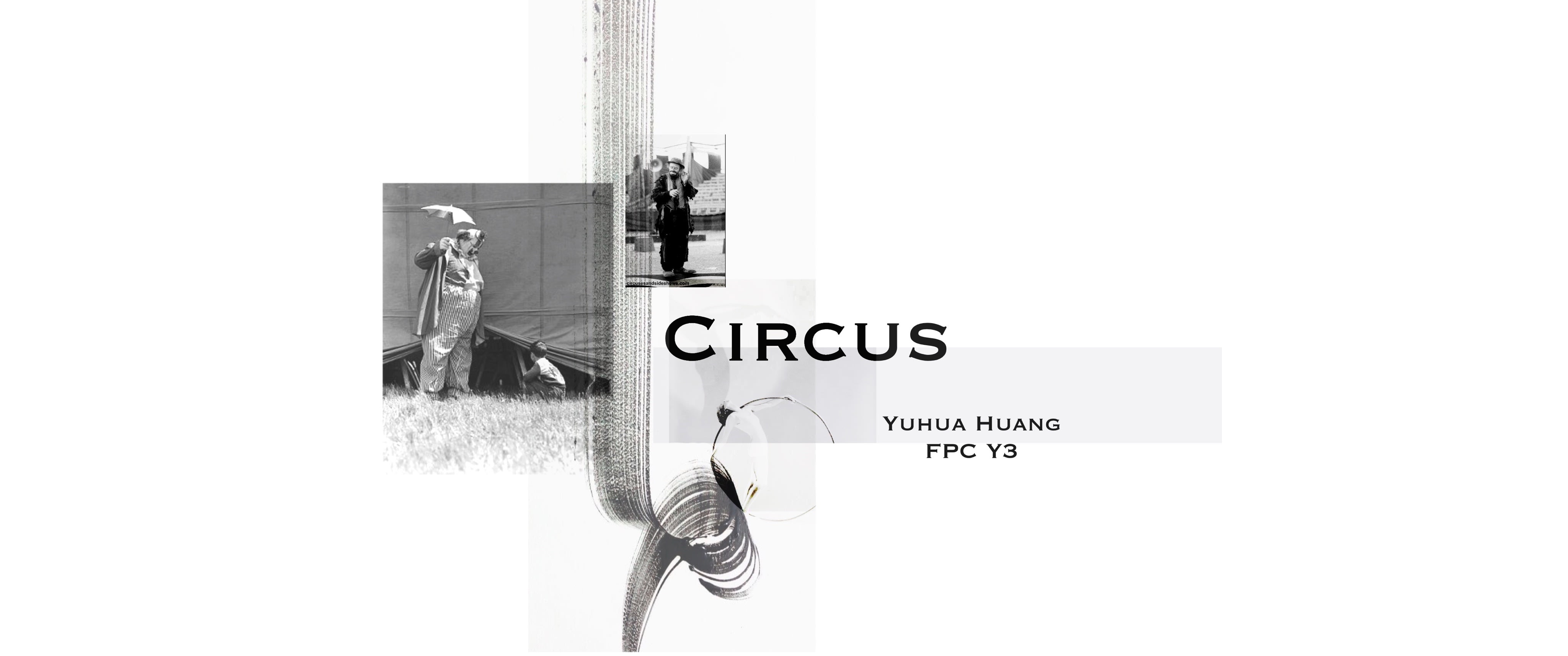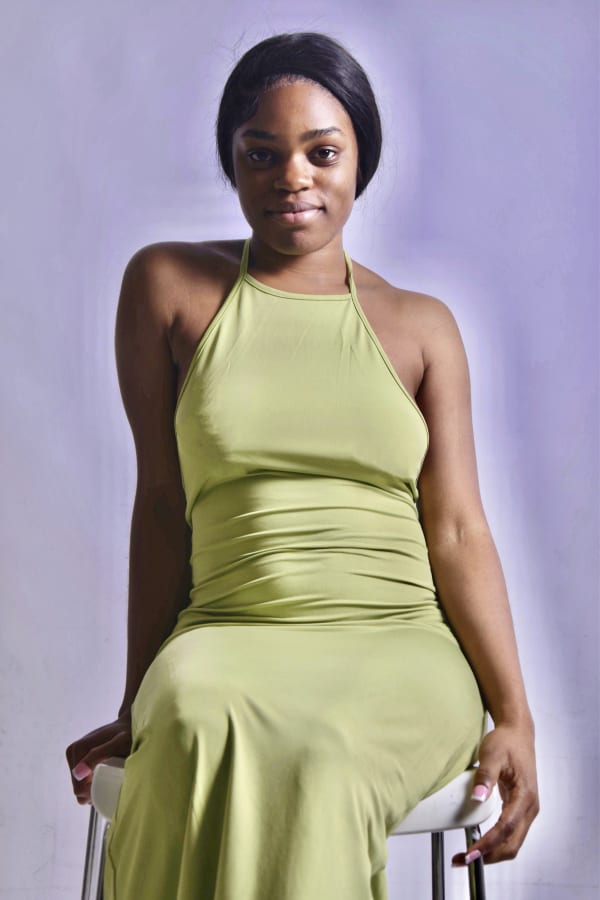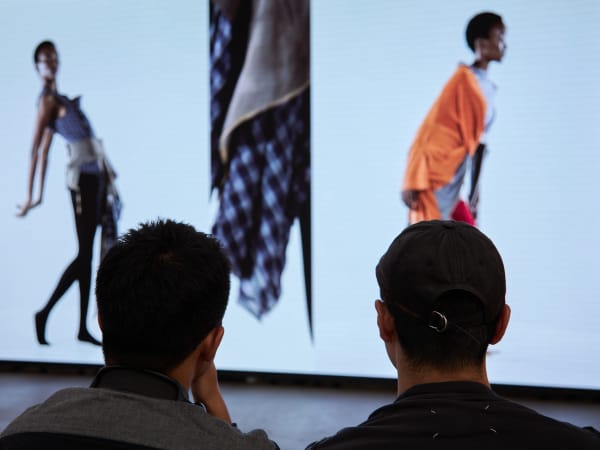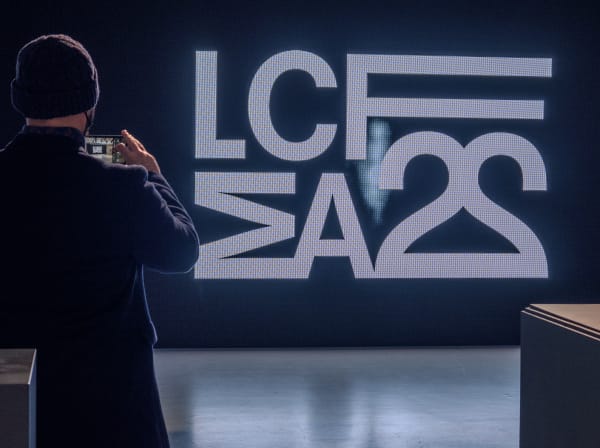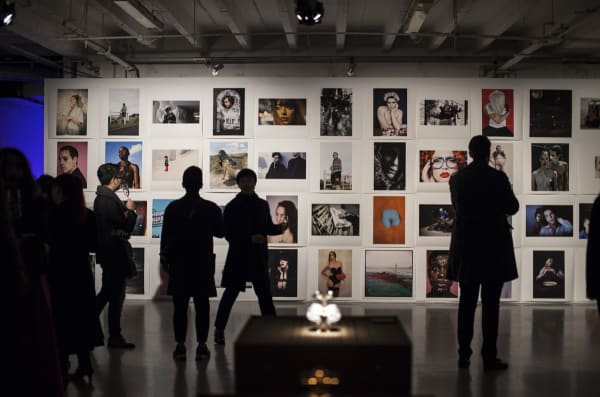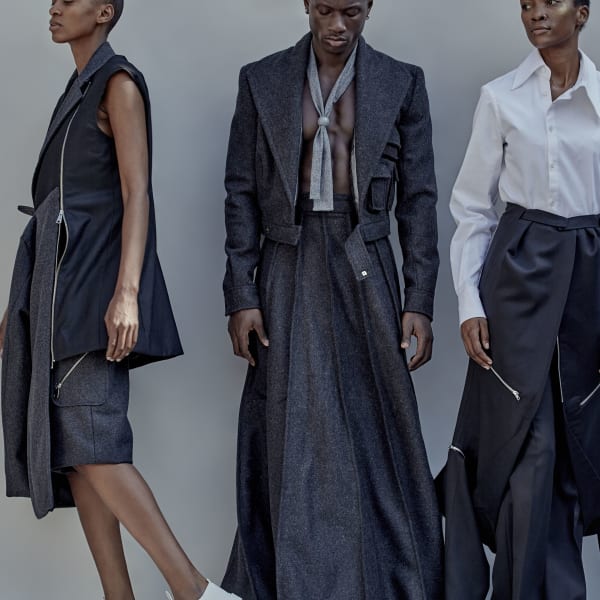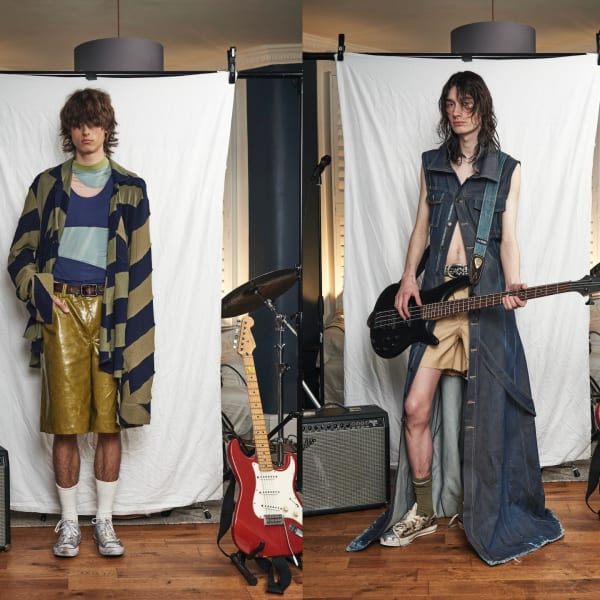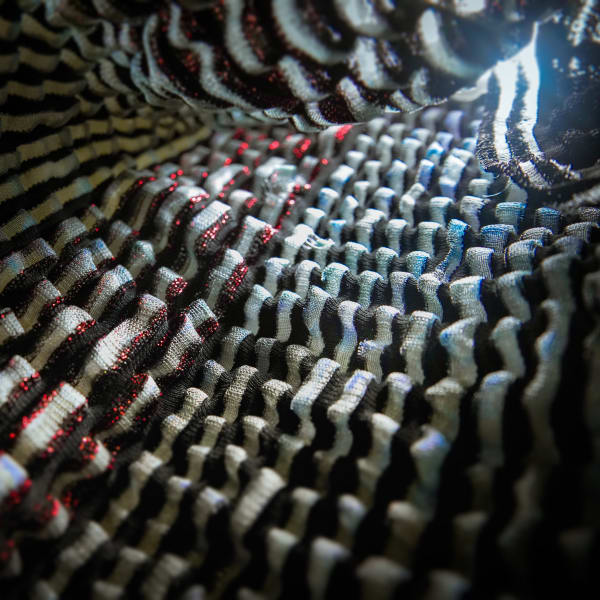Course units
Stage 1
In Stage 1 you are required to complete 120 credits at level 4 in order to progress to Stage 2.
- Introduction to Fashion Pattern Cutting; 20 credits
- Form and Silhouette; 40 credits
- Sleeves and Collars; 20 credits
- Drape and Form; 20 credits
- Fashion Cultures and Histories; 20 credits
Stage 2
In Stage 2 you are required to complete 120 credits at level 5 to progress to Stage 3.
- Structure and Form; 40 credits
- Critical Issues in Fashion Research; 20 credits
- Visual Research Methods; 20 credits
- Professional Engagement; 40 credits
Optional Diploma Year
Industry DIPS
This optional diploma can be taken between years 2 and 3. With support from your tutors, you’ll undertake an industry placement for a minimum of 100 days/20 weeks. As well as developing industry skills, you’ll gain an additional qualification upon successful completion.
Enterprise DIPS
This optional diploma can be taken between years 2 and 3. With support from your tutors, you’ll undertake an enterprise placement year where you will explore a business idea from proposal to minimal viable product (MVP). As well as developing enterprise skills, you’ll gain an additional qualification upon successful completion.
CCI Creative Computing
Between years 2 and 3, you can undertake the year-long Diploma in Creative Computing. This will develop your skills in creative computing alongside your degree. After successfully completing the diploma and your undergraduate degree, you’ll graduate with an enhanced degree: BA (Hons) Fashion Pattern Cutting (with Creative Computing).
CCI Apple Diploma
Between years 2 and 3, you can undertake the year-long Diploma in Apple Development. This will give you an opportunity to become an accredited apple developer alongside your degree. After successfully completing the diploma and your undergraduate degree, you’ll graduate with an enhanced degree: BA (Hons) Fashion Pattern Cutting (with Apple Development).
Stage 3
In Stage 3 you are required to complete 120 credits at level 6.
- Construction and Transformation; 40 credits
- Contextualising Practice; 20 credits
- Final Major Project; 60 credits
A 20-credit unit is approximately equivalent to 200 hours of learning time, which includes a mixture of taught time, independent study and assessment.
All students are entitled to a tutorial package that consists of:
- one induction tutorial (group or one to one);
- one tutorial per term for the duration for their course of study at LCF;
- group tutorials as required;
- an appropriate level of confidentiality.
